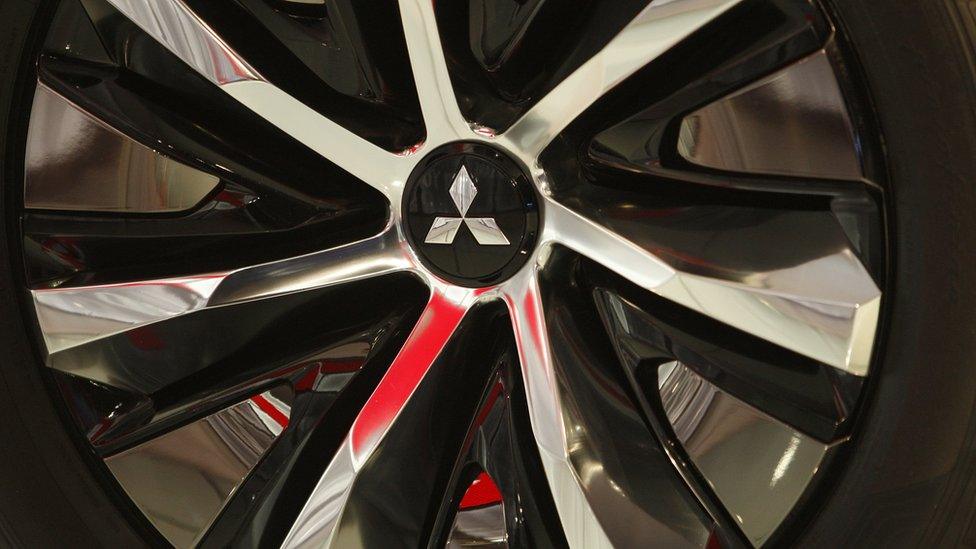Emissions bring bumpy ride for carmakers
- Published
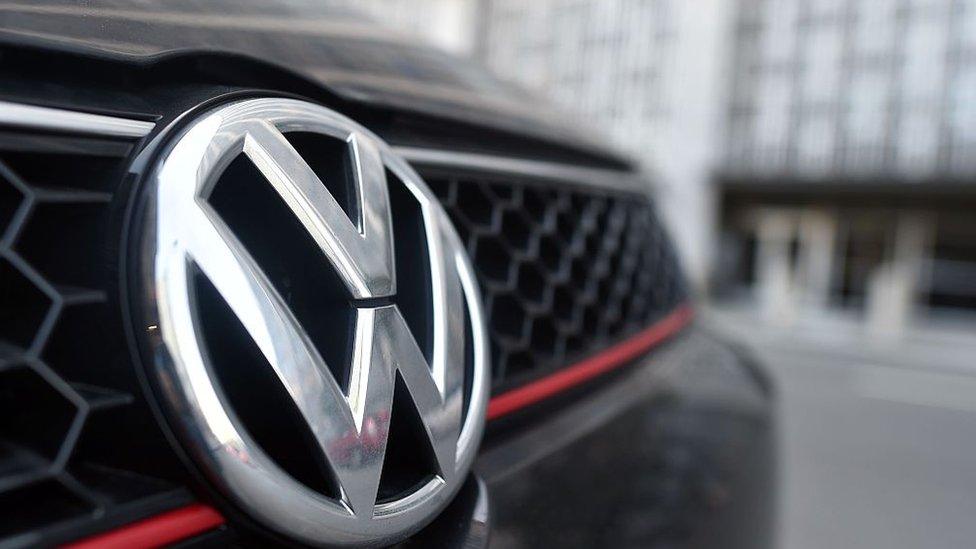
German carmaker Volkswagen said this week it was increasing provisions to cover the cost of the diesel emissions scandal.
It has nearly tripled the amount, from €6.7bn to €16.2bn (£12.6bn).
The German government has also asked the country's manufacturers to recall 630,000 vehicles to modify emissions control software.
Shares in Daimler, the owner of Mercedes-Benz, fell almost 5% on Friday over emissions questions.
It said it was investigating possible irregularities in emissions testing in the United States following a request from the US Department of Justice.
There were also raids by fraud investigators at PSA, the parent company of Peugeot and Citroen, in connection with an emissions enquiry.
The diesel emissions scandal has meant a bumpy ride this week for European car makers.
Provisional deal
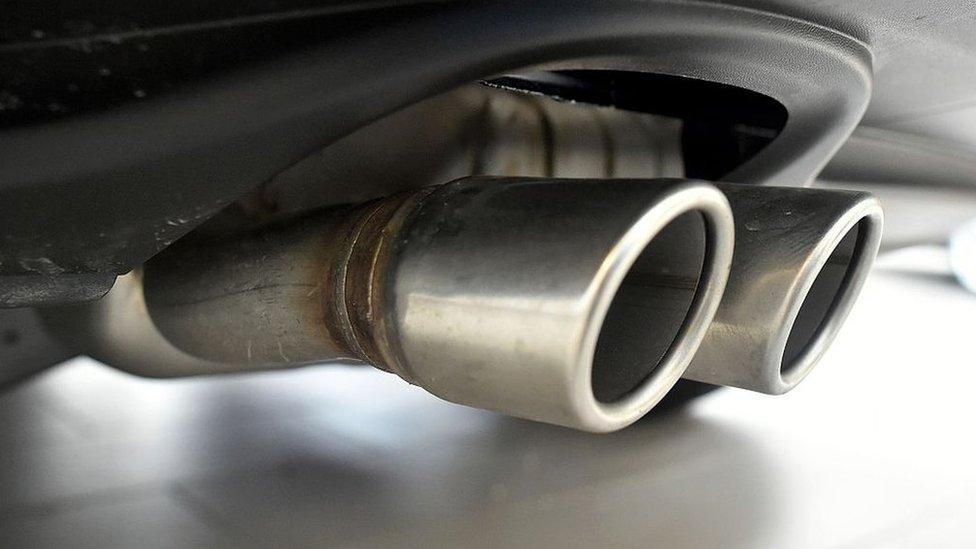
VW has reached a provisional deal to compensate its US customers
Volkswagen itself reached a provisional deal with regulators and private lawyers over how to compensate US buyers whose cars were fitted with defeat devices. As part of the settlement, the company will offer to buy back nearly half a million vehicles.
The level of compensation is much higher than what has been offered to consumers elsewhere in the world. This is understood to be partly because US emissions standards are stricter, which makes it harder to repair the affected vehicles in a cost-effective way that does not harm performance.
The deal should go some way to reducing the uncertainty surrounding the company, although it is still facing the prospect of heavy fines for breaking environmental laws, as well as civil legal action.
So it was no surprise that when VW published its much-delayed results for 2015 on Friday, it dramatically increased the money being set aside to cover costs linked to the scandal.
Daimler scrutiny
Meanwhile, Volkswagen's German rival Daimler has also been under scrutiny. It said it had been approached by the US Department of Justice over "possible indications of irregularities" in the way it tests emissions on its cars sold in America.
The company has begun an internal investigation and said it will take "all necessary actions" to resolve any issues.
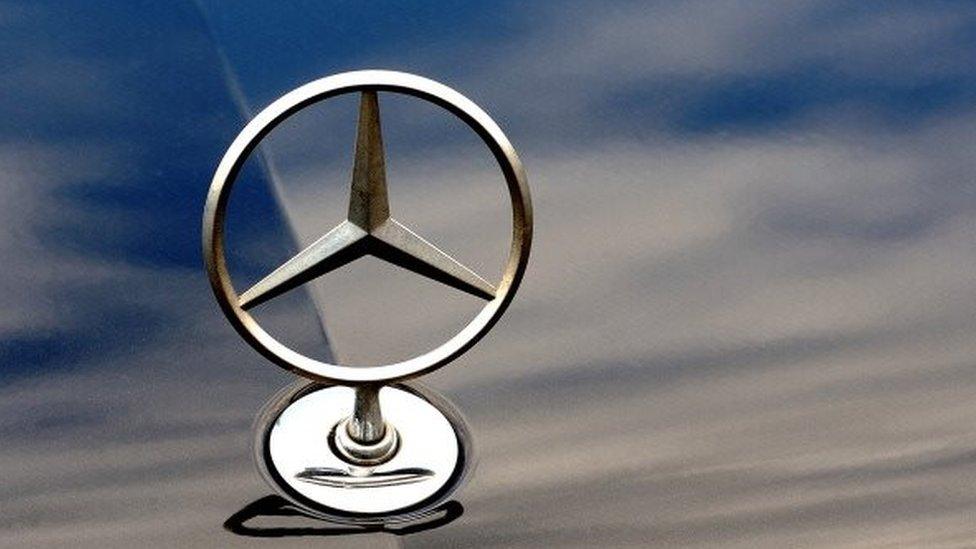
Mercedes Benz owner Daimler has also been under scrutiny
Since the VW scandal first erupted, Daimler has insisted that its cars do not use defeat devices.
It reiterated the point earlier this month when a group of Mercedes owners sued the company. However, it has refused to say what the US authorities' concerns relate to.
Daimler's problems are not as severe as those of Mitsubishi. The Japanese manufacturer's management apologised profusely on Tuesday after the company admitted manipulating fuel consumption tests to make its vehicles appear more frugal than they really were.
About 600,000 "kei cars"- small vehicles with tiny engines, which are popular in Japan but rarely sold elsewhere - were affected.
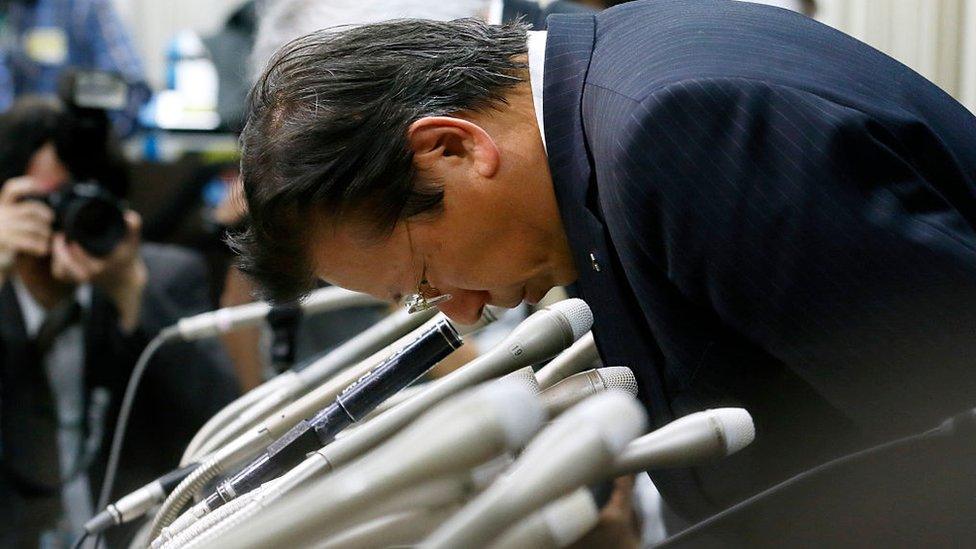
Mitsubishi Motors president Tetsuro Aikawa bows during a press conference this week
Emissions test results
And also this week, the UK and the German governments published the results of extensive investigations into vehicle emissions. Their technical teams collaborated, and unsurprisingly, they came up with similar results.
There was no evidence, they said, that manufacturers outside the VW group were deliberately using defeat devices to pass emissions tests. But invariably emissions measured on the road or at a test track were much higher than those detected under laboratory conditions.
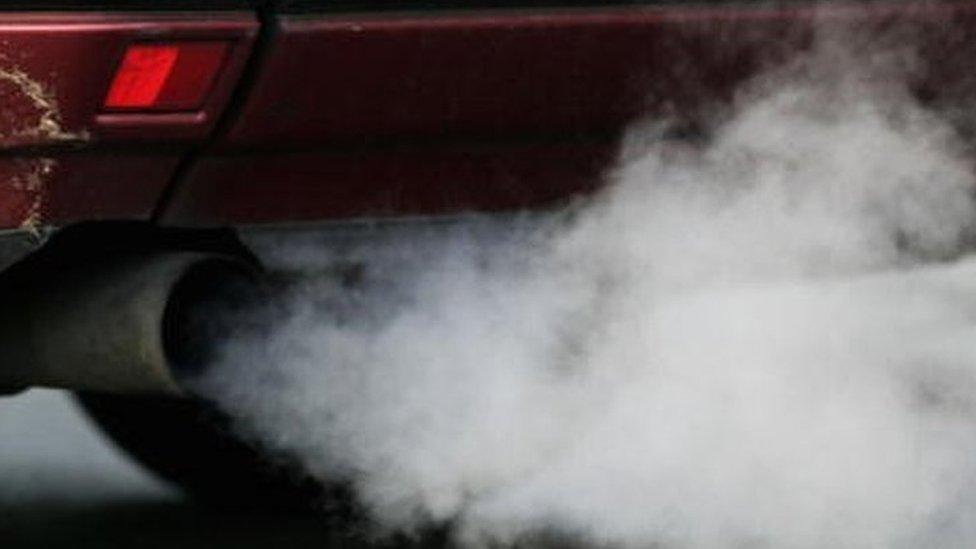
EU laws allow for emissions controls to be turned off in cold temperatures
They also found that at times emissions controls were effectively being turned off, especially in cold weather. The manufacturers argue that this is necessary to prevent the systems themselves or the engines from being damaged.
This is allowed under EU law, but German officials are not convinced that it is being done only when absolutely necessary.
In other words, it is a loophole that an unscrupulous manufacturer could use to boost performance at the expense of increased pollution.
For that reason, German carmakers have been asked to recall 630,000 cars in Europe. It is understood they will be given a software fix that will ensure emissions controls can only be manipulated under specific circumstances.
- Published22 April 2016

- Published17 May 2016
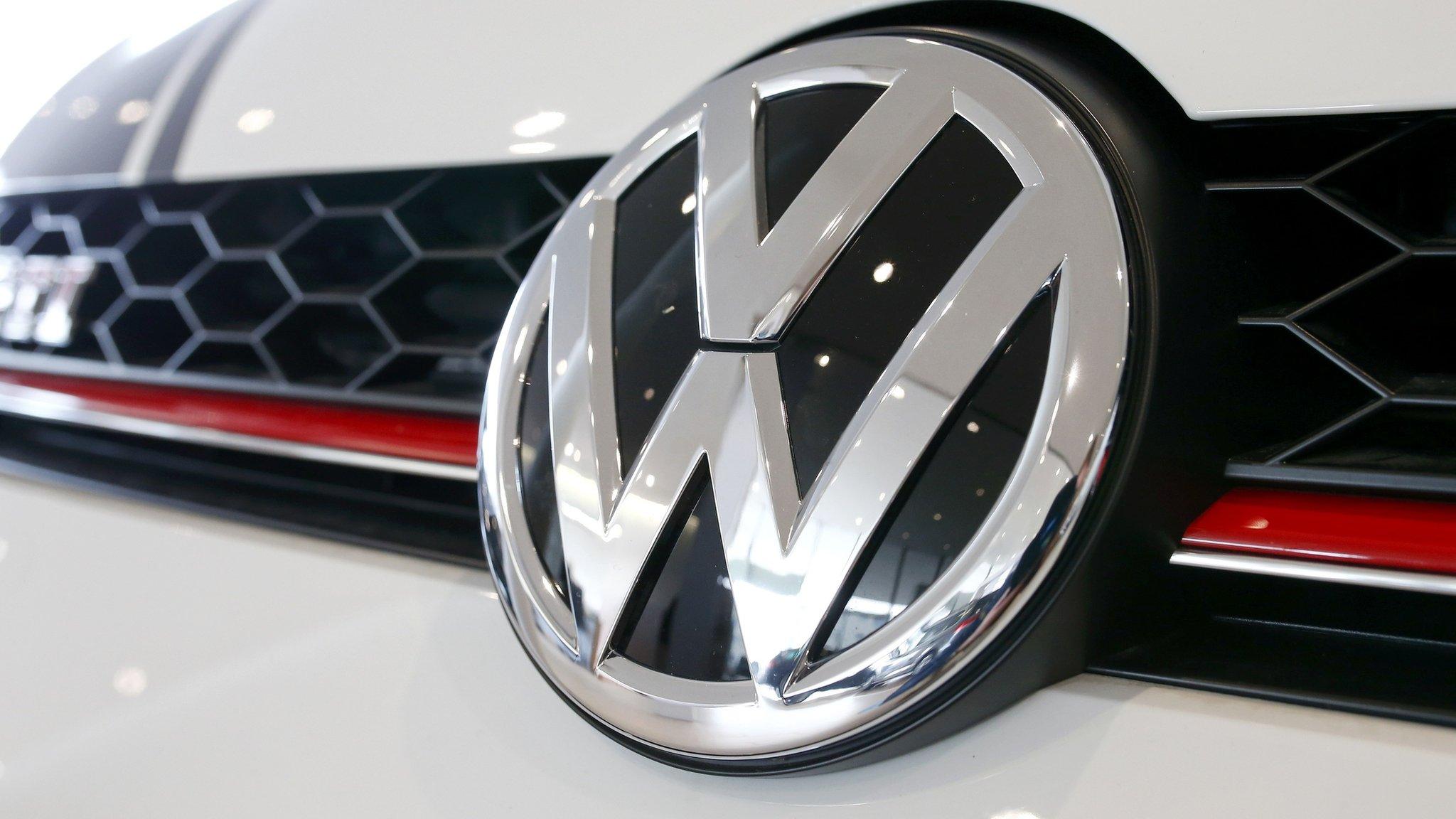
- Published21 April 2016
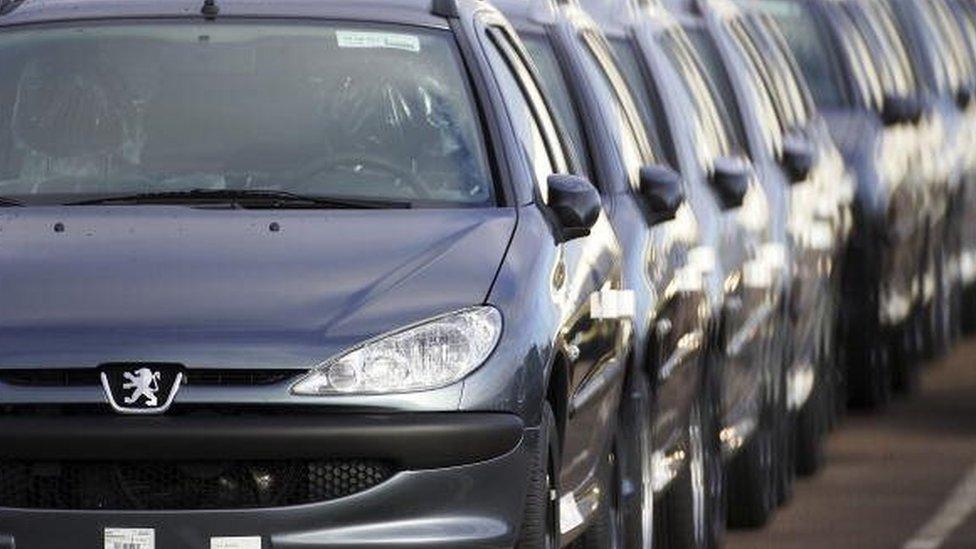
- Published20 April 2016
- Published21 April 2016
